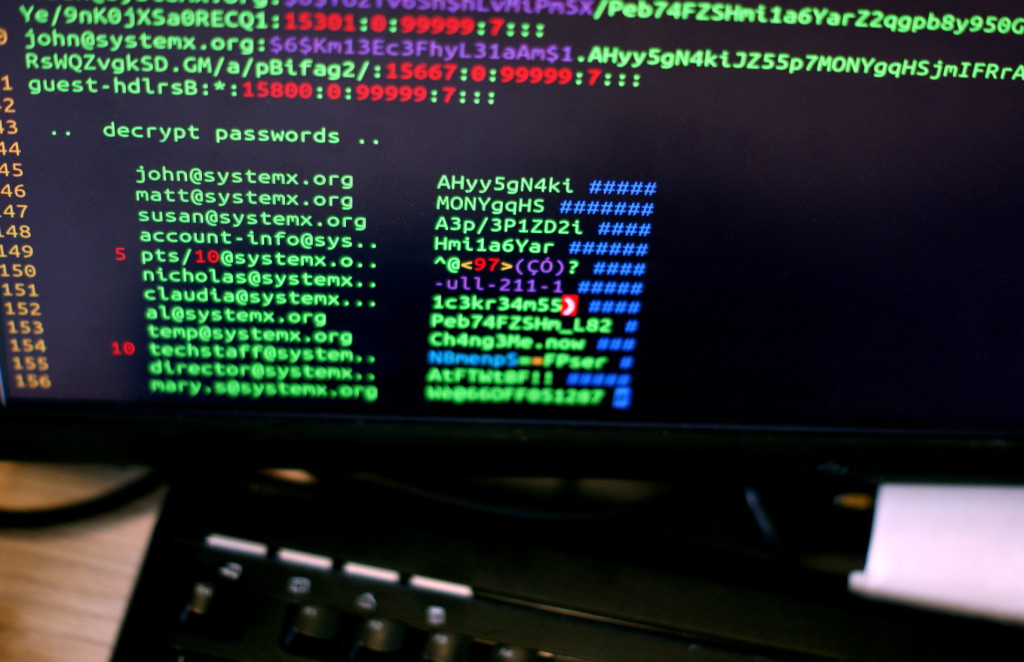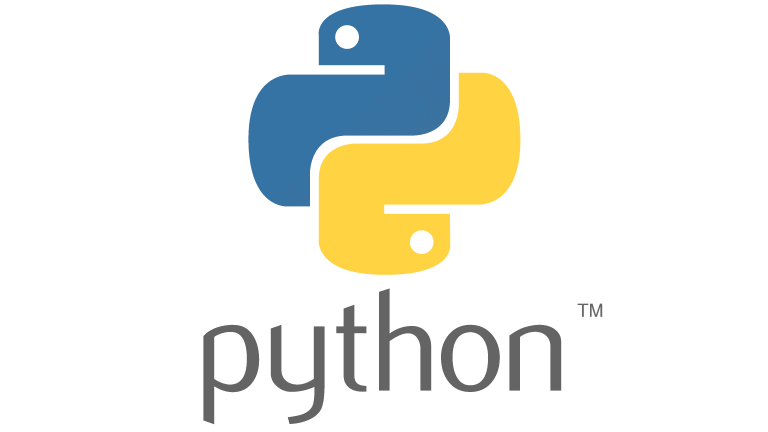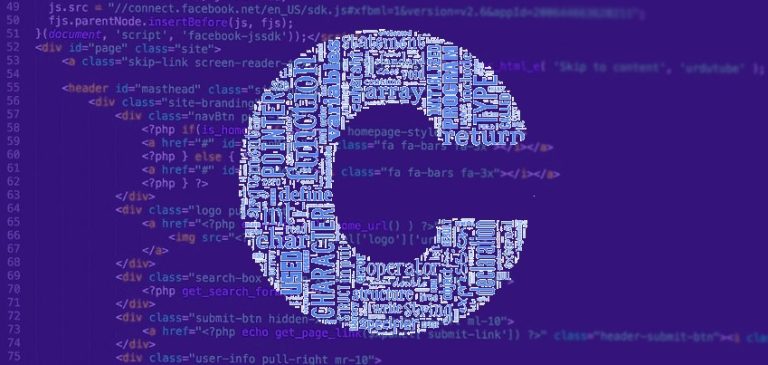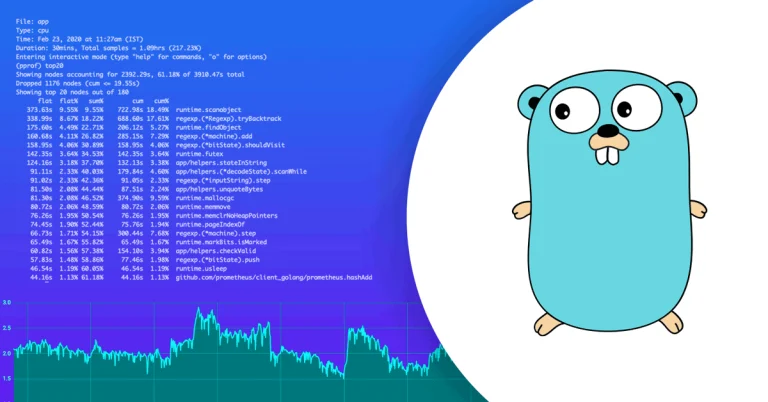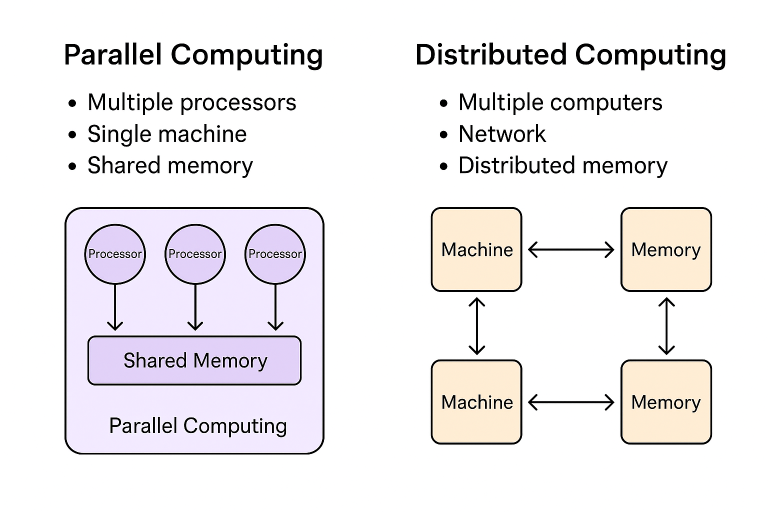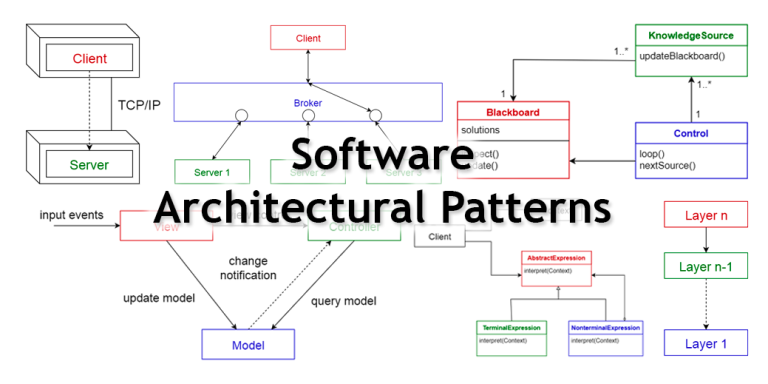Introduction
Golang, with its simplicity, efficiency, and powerful concurrency model, is a popular choice for building robust and scalable applications. However, like any programming language, developers can encounter challenges and pitfalls. In this article, we’ll explore the top 5 most common mistakes in Golang development and provide insights on how to avoid them.
1. Not Handling Errors Properly:
One of the key principles in Golang is explicit error handling. Neglecting to handle errors appropriately can lead to unexpected behaviors and, in some cases, critical issues in production.
Mistake:
package main
import (
"fmt"
"os"
)
func main() {
file, err := os.Open("nonexistent-file.txt")
if err != nil {
fmt.Println("Error opening file:", err)
return
}
// Continue with file operations
}Solution:
Handle errors explicitly and consider logging or returning errors based on your application’s needs.
package main
import (
"fmt"
"os"
)
func main() {
file, err := os.Open("nonexistent-file.txt")
if err != nil {
fmt.Println("Error opening file:", err)
return
}
// Continue with file operations
}2. Misusing Goroutines:
Goroutines are a powerful feature in Golang for concurrent programming. However, using them without proper synchronization or understanding can lead to race conditions and data corruption.
Mistake:
package main
import (
"fmt"
"sync"
)
var counter = 0
func main() {
var wg sync.WaitGroup
for i := 0; i < 1000; i++ {
wg.Add(1)
go func() {
counter++
wg.Done()
}()
}
wg.Wait()
fmt.Println("Counter:", counter)
}Solution:
Use proper synchronization mechanisms like sync.Mutex to avoid race conditions.
package main
import (
"fmt"
"sync"
)
var counter = 0
var mu sync.Mutex
func main() {
var wg sync.WaitGroup
for i := 0; i < 1000; i++ {
wg.Add(1)
go func() {
mu.Lock()
counter++
mu.Unlock()
wg.Done()
}()
}
wg.Wait()
fmt.Println("Counter:", counter)
}3. Inefficient String Concatenation:
String concatenation in Golang is more efficient using strings.Builder compared to the + operator, especially in loops.
Mistake:
package main
import "fmt"
func main() {
result := ""
for i := 0; i < 1000; i++ {
result += " " + fmt.Sprint(i)
}
fmt.Println(result)
}Solution:
Use strings.Builder for efficient string concatenation.
package main
import (
"fmt"
"strings"
)
func main() {
var builder strings.Builder
for i := 0; i < 1000; i++ {
builder.WriteString(fmt.Sprint(i))
builder.WriteString(" ")
}
result := builder.String()
fmt.Println(result)
} 4. Ignoring Resource Cleanup:
Golang has a garbage collector, but not all resources are managed by it. Ignoring proper cleanup of resources like file handles or network connections can lead to resource leaks.
Mistake:
package main
import (
"fmt"
"os"
)
func main() {
file, err := os.Create("example.txt")
if err != nil {
fmt.Println("Error creating file:", err)
return
}
// Continue with file operations without closing the file
}Solution:
Explicitly close resources like files when done using defer or Close().
package main
import (
"fmt"
"os"
)
func main() {
file, err := os.Create("example.txt")
if err != nil {
fmt.Println("Error creating file:", err)
return
}
defer file.Close()
// Continue with file operations
}5. Not Leveraging Context for Cancellation:
Golang’s context package provides a mechanism for handling deadlines, cancellations, and timeouts. Ignoring its usage can lead to unmanaged goroutines and potential resource leaks.
Mistake:
package main
import (
"fmt"
"time"
)
func main() {
go func() {
// Perform some long-running task
time.Sleep(5 * time.Second)
fmt.Println("Task completed")
}()
// Main program continues without waiting for the goroutine
time.Sleep(10 * time.Second)
}Solution:
Use context to manage cancellations and deadlines.
package main
import (
"context"
"fmt"
"time"
)
func main() {
ctx, cancel := context.WithCancel(context.Background())
defer cancel()
go func(ctx context.Context) {
// Perform some long-running task
select {
case <-time.After(5 * time.Second):
fmt.Println("Task completed")
case <-ctx.Done():
fmt.Println("Task cancelled")
}
}(ctx)
// Main program continues without waiting for the goroutine
time.Sleep(2 * time.Second)
// Cancel the task
cancel()
time.Sleep(1 * time.Second)
}Conclusion:
Golang is designed to be simple and efficient, but developers can still encounter common pitfalls. By being mindful of proper error handling, goroutine usage, string concatenation, resource cleanup, and leveraging context for cancellations, developers can create more reliable and maintainable Golang applications. Regular code reviews, testing, and continuous learning are essential for avoiding these common mistakes and building robust Golang applications. Happy coding!

